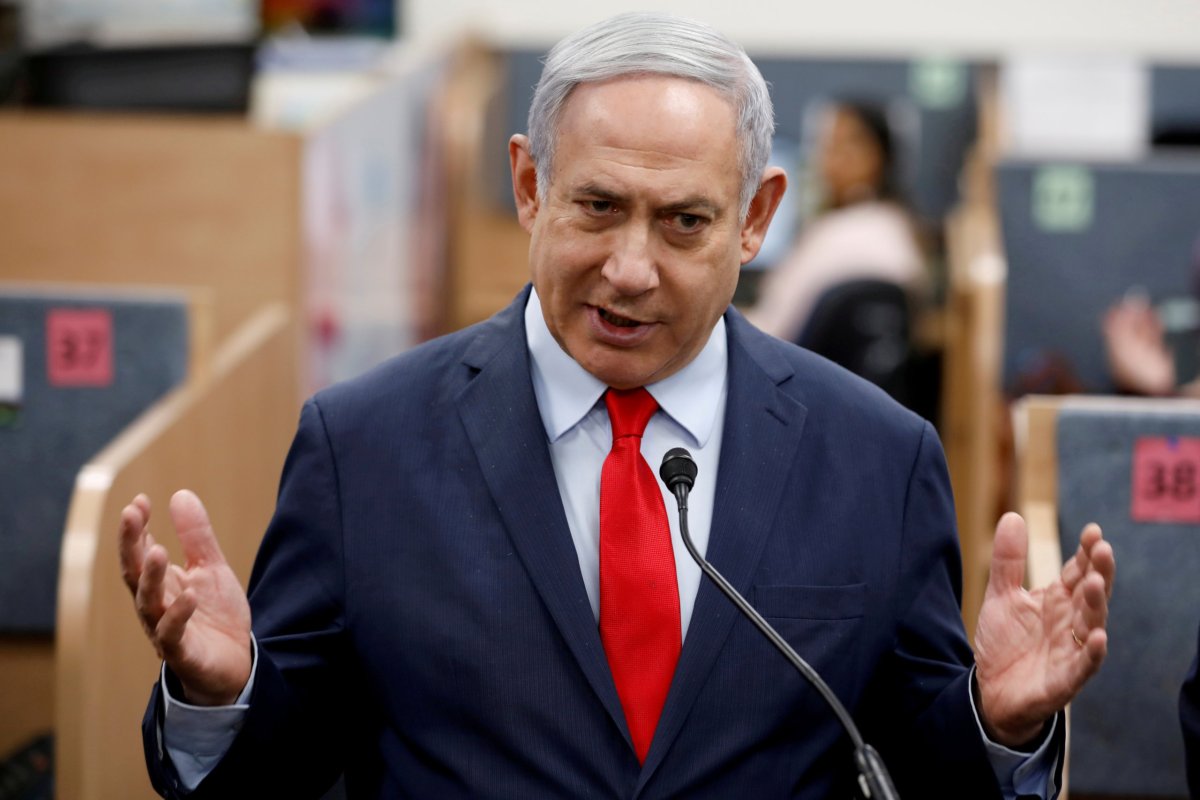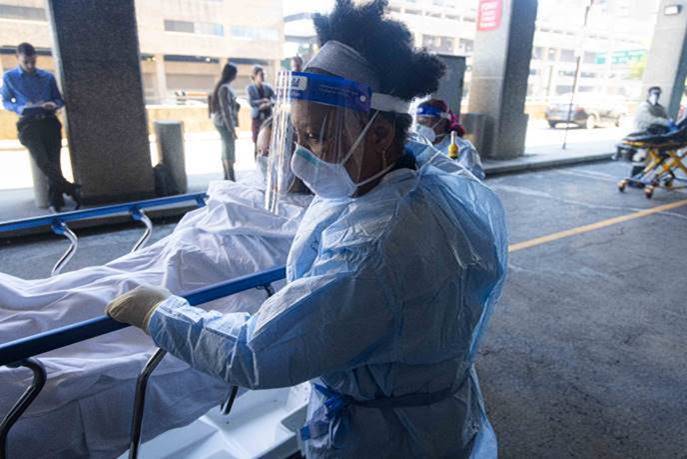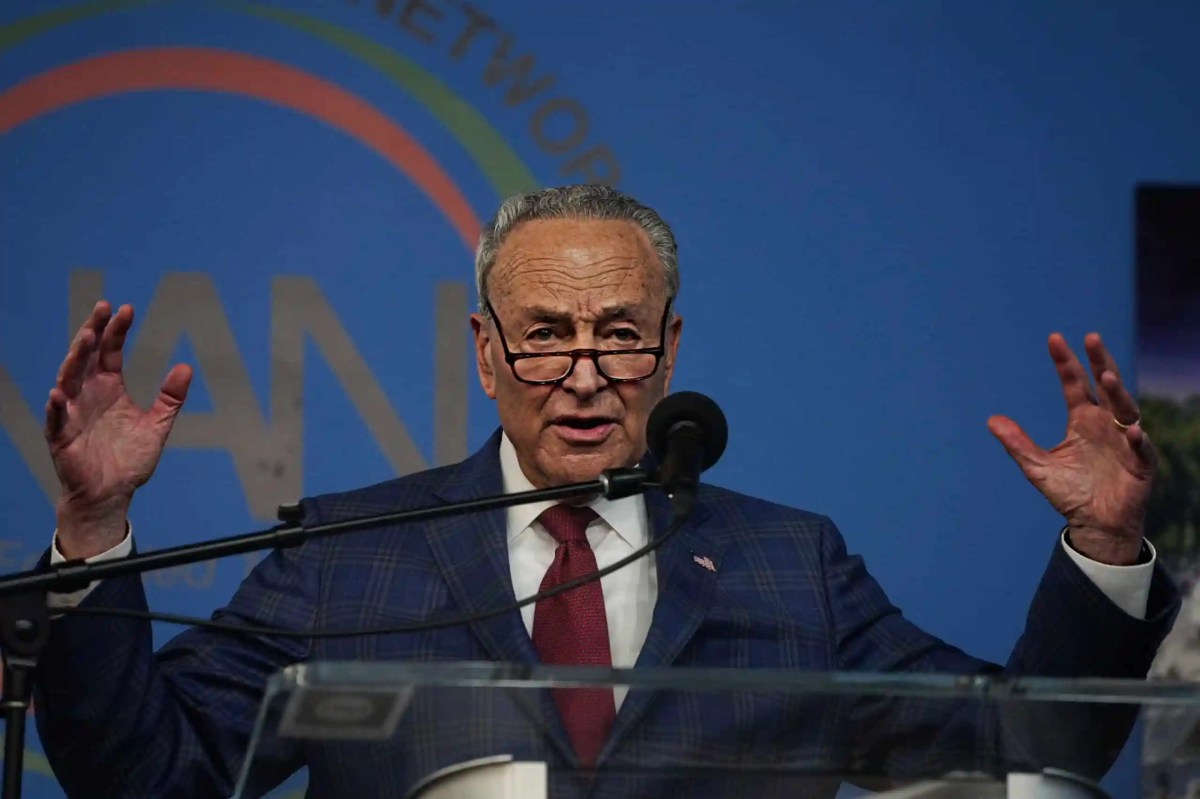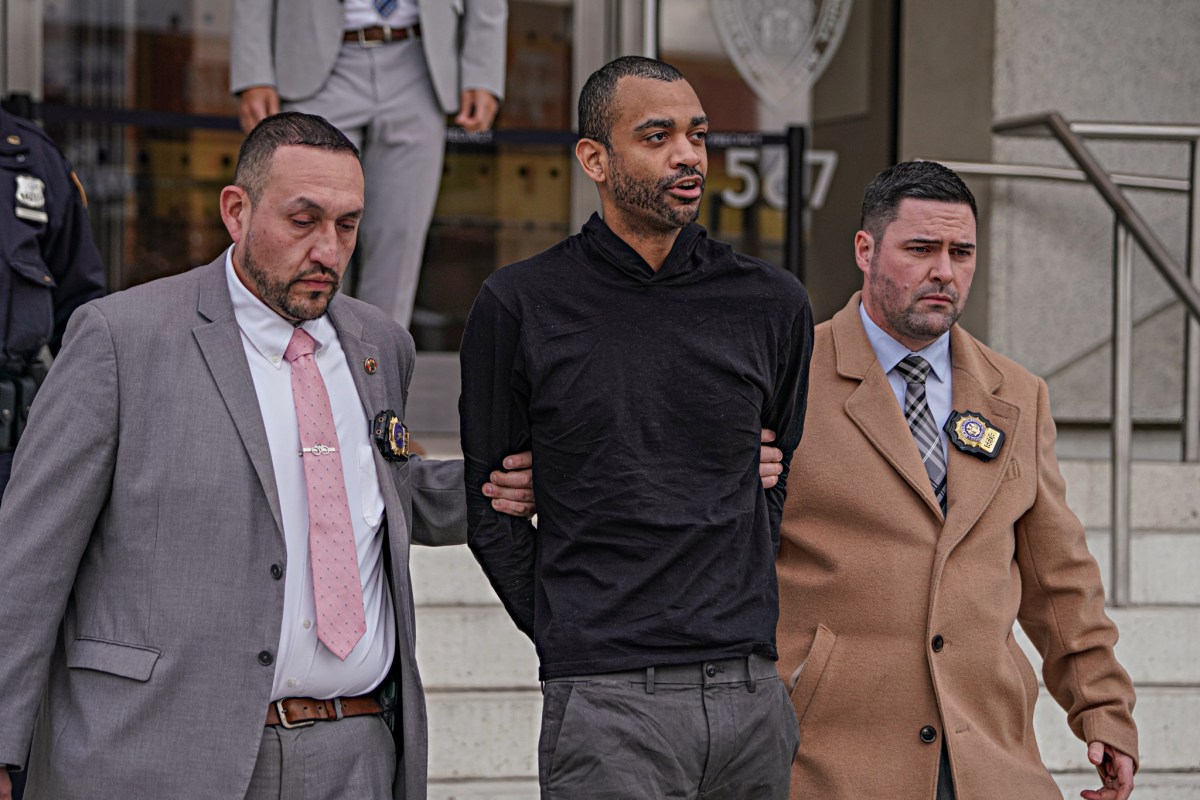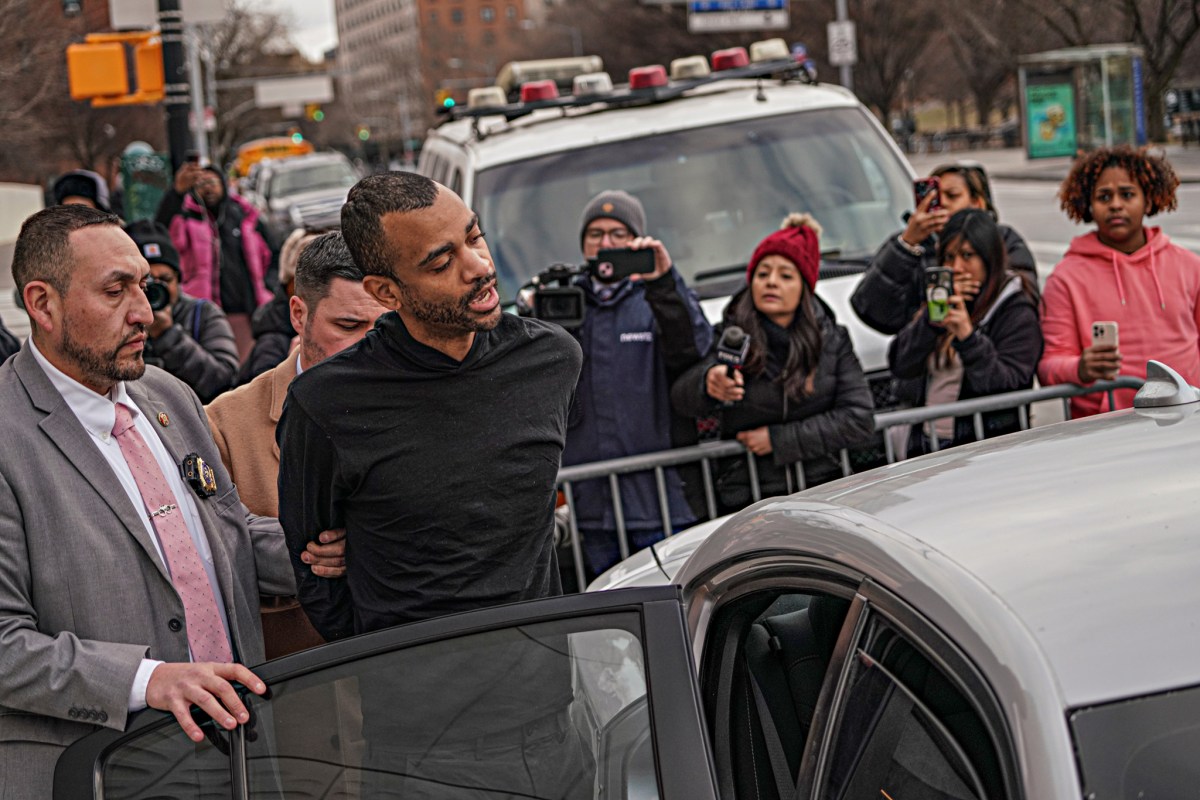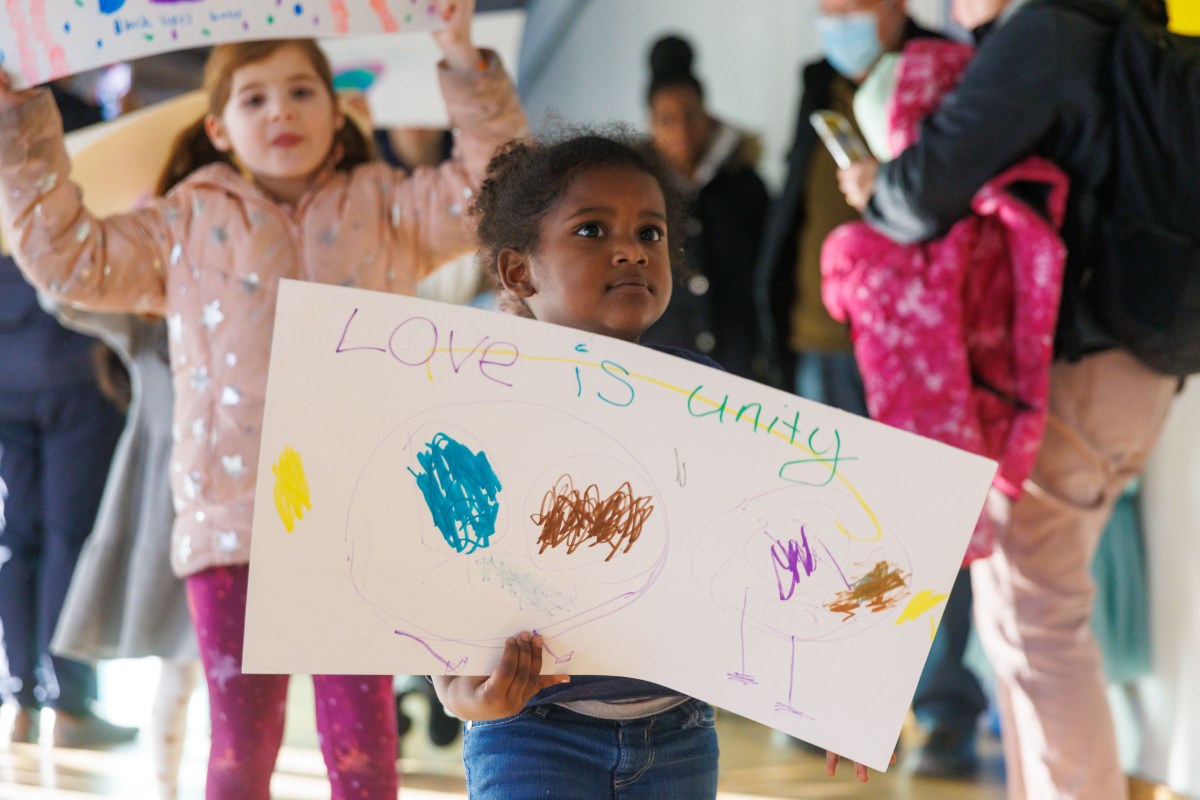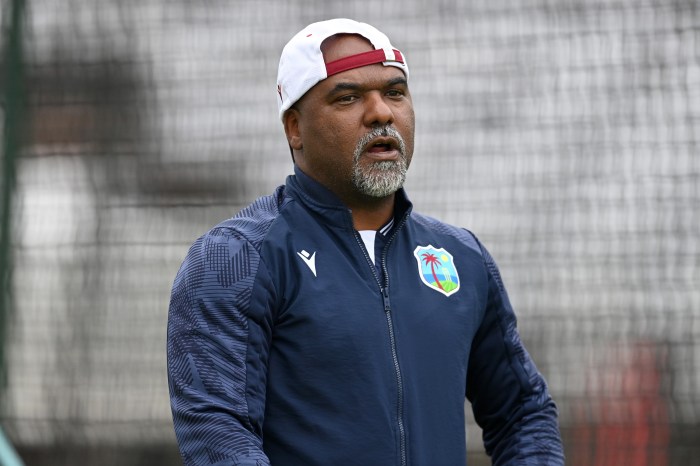JERUSALEM (Reuters) – Israelis celebrating the Jewish Passover holiday this week will hold the “seder”, the traditional meal celebrating freedom from biblical slavery, confined to their homes under a national coronavirus lockdown.
Prime Minister Benjamin Netanyahu announced the edict in a televised address in which he also held out hope of implementing an “exit strategy” soon that would gradually loosen restrictions imposed to try to stem the spread of the virus.
Netanyahu said a ban on inter-city travel would go into effect on Tuesday afternoon and end on Friday morning.
On Wednesday evening, when roads are usually jammed with families traveling to large, festive seder dinners, all Israelis, including the country’s Arab minority, will be confined under the order to their homes until the next morning.
“Every family will hold the seder alone, you will celebrate only with the limited number of family members now in your home,” Netanyahu said. Similar seder practices were expected in other parts of the world where people were urged to stay at home because of the virus.
At the seder, participants recount with prayers, songs and a festive meal the exodus of the Israelites from slavery in Egypt.
It is an intergenerational affair, with the youngest child at the table traditionally asking, “Why is this night different from all other nights of the year?” and elders then explaining why, while drinking holiday-proscribed glasses of wine.
In Israel’s sombre modern-day reality, there have been nearly 9,000 confirmed cases of the new coronavirus and 57 people have died as a result.
Under restrictions already in place, Israelis have been instructed by the government to venture no more than 100 metres (yards) from home, with the exception of those going to workplaces that are still open or to shop for groceries or medicine.
Netanyahu noted much higher death tolls in other countries and said the numbers in Israel are a result of government measures to contain the outbreak.
“There is a real possibility that if the positive trends continue we will gradually end the lockdown after the Passover holiday,” he said.
Restrictions will be eased according to “the level of risk among the population,” he said, with those most vulnerable remaining in isolation longest.
The government-imposed limitations have forced many businesses to close, sending unemployment soaring to 25%.
Netanyahu has also been trying to form a national unity government with his centrist rival Benny Gantz, a former general and political newcomer. Neither Netanyahu nor Gantz secured a parliamentary majority after three inconclusive elections this past year.
The veteran leader proposed a unity government to tackle the coronavirus, promising to step down as prime minister within an agreed period, with Gantz then taking over.
Negotiations appeared to have been moving forward until they hit a snag late on Monday. Gantz’s party said there was a dispute over the make-up of the government committee for appointing judges. Political analysts had said a final deal was imminent.
(Additional reporting by Maayan Lubell and Jeffrey Heller; Editing by Jeffrey Heller and Howard Goller)

